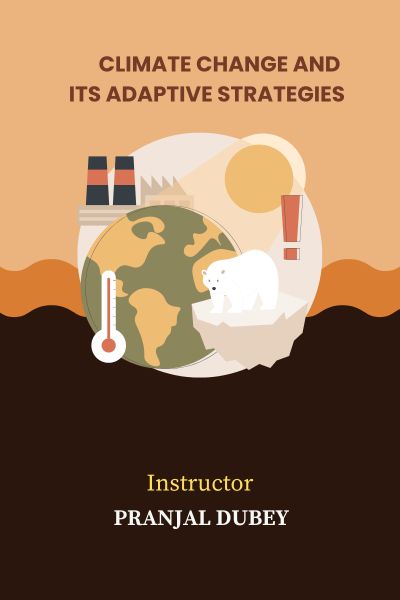
Climate Change and Its Adaptive Strategies
About the course
"Climate Change and its Adaptive Strategies" explores the science of climate change, including its causes and effects such as global warming, ozone depletion, and the greenhouse effect. The course also examines the impacts on ecosystems and human societies and discusses adaptive strategies for mitigating and coping with climate change.
Medical Terminology and Record Keeping
About the course
This subject introduces the elements of medical terminology. Emphasis is placed on building familiarity with medical words through knowledge of roots, prefixes,and suffixes. Topics include: origin, word building, abbreviations and symbols, terminology related to the human anatomy, reading medical orders and reports, and terminology specific to the student ‘s field of study. Spelling is critical and will be counted when grading tests. The students will be oriented to the role of healthcare professional in healthcare system. They will also be introduced to healthcare system and public health in India.
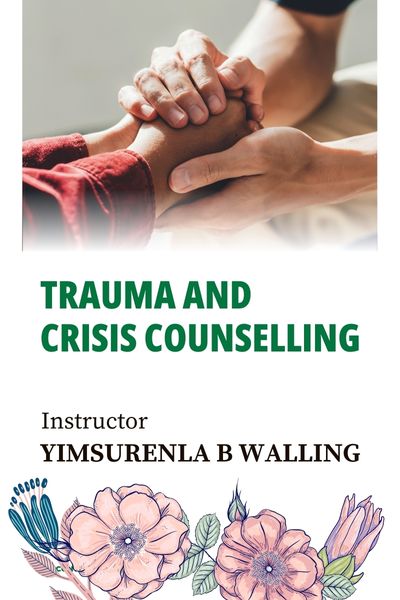
Trauma and Crisis Counselling
About the course
This course provides a thorough analysis of trauma and crisis counselling within the context of pastoral care and counselling. Participants in this study examine the historical and existential foundations of pastoral care, focusing on its origins in values and the metaphor of the shepherd. The curriculum incorporates Christian beliefs and practices while encompassing various aspects of pastoral care, such as counselling, healing, directing, sustaining, and reconciling. Participants acquire practical skills in pastoral counselling strategies, such as active listening, sympathetic participation, effective questioning, and reflective practices. Proficiency in these abilities is crucial for offering assistance to those experiencing crises and enabling the processes of healing and personal development.
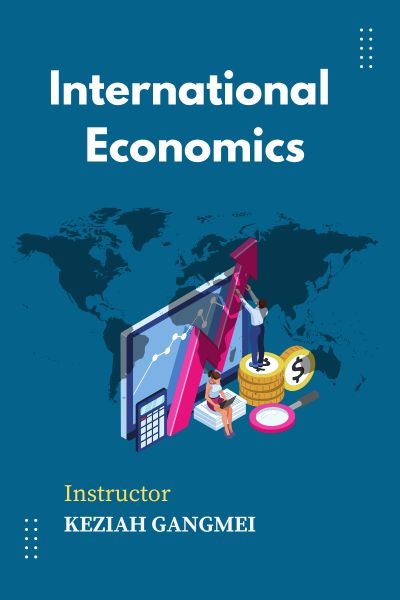
International Economics
About the course
This course provides an analysis of the economic integration in general and customs unions in a partial equilibrium framework in particular. The theory of economic integration refers to the commercial policy of discriminatively reducing or eliminating trade barriers only among the nations joining together. The degree of economic integration ranges from preferential trade arrangements to free trade areas, customs unions, common markets, and economic unions. The discussion in this course generally is in terms of customs unions, but most of what is said refers also to other forms of regional economic association.
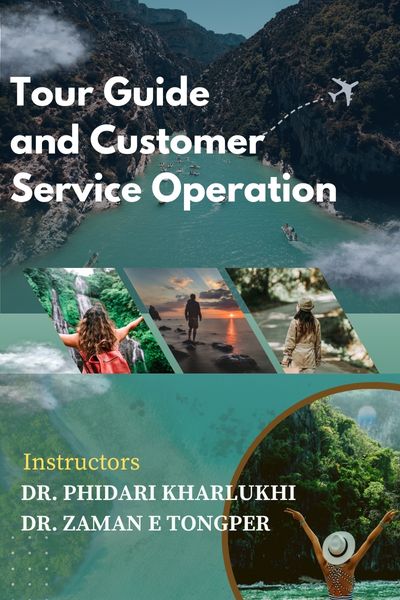
Tour Guide and Customer Service Operations
About the course
This course explores tour guiding within the travel industry, covering classifications, responsibilities, and requisite skills. Additionally, it delves into customer service operations, addressing the nature of internal and external customers, complaint resolution, and strategies for customer retention. Gain essential insights and techniques crucial for effective tour guiding and ensuring customer satisfaction.
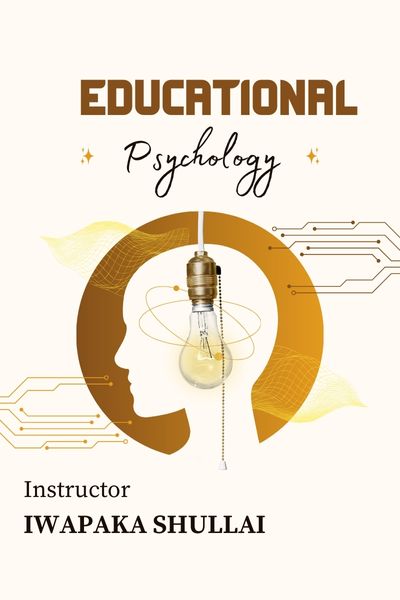
Educational Psychology
About the course
This course offers an in-depth exploration of psychological principles applicable to education, fostering an understanding of learning and human diversity within educational contexts. Students will delve into theories of learning, effective teaching methods, and classroom management strategies. Key units include an introduction to educational psychology, application of psychological theories to education, the learning process, effective teaching practices, and the impact of human diversity on education. Through this course, students will enhance their ability to apply psychological insights to educational settings, addressing the needs of diverse learners and optimizing the teaching and learning experience

Education for Sustainable Development
About the course
This comprehensive course on Education for Sustainable Development (ESD) focuses on the integration of sustainable development principles into education. Covering key concepts such as climate change, disaster risk reduction, biodiversity, poverty reduction, and sustainable consumption, the course aims to equip learners with the knowledge, skills, attitudes, and values necessary to shape a sustainable future. Through participatory teaching methods, it encourages critical thinking, collaborative decision-making, and active engagement in sustainability practices.